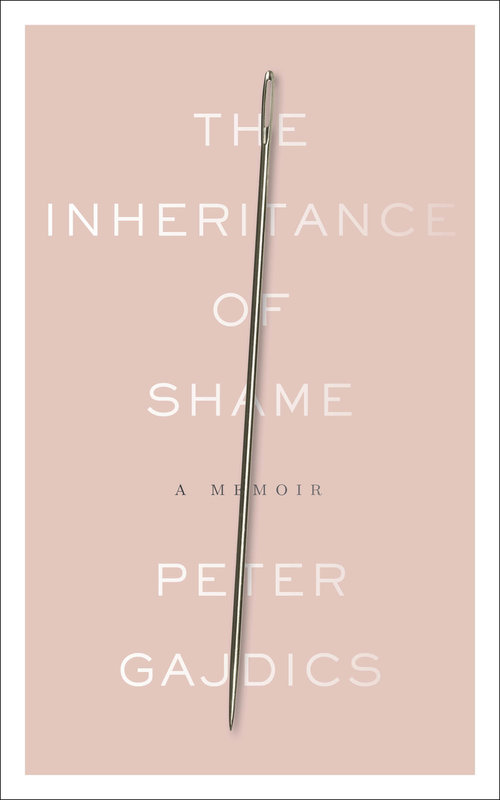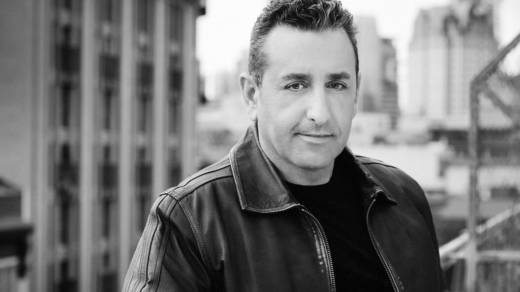Before reading The Inheritance of Shame, there were three things I knew about conversion therapy: that children who exhibit signs of homosexuality are whisked away into church basements for exorcisms, that adults are told they can withdraw from their sexuality, and that if they fail, it is portrayed as a lack of piety.
Peter Gajdics’ harrowing memoir goes deeper. Covering seven years spent struggling to change his sexual orientation, The Inheritance of Shame is a profound journey to self-destruction, self-acceptance, and finally a reckoning with the dangers of shame and silence. This is a memoir that is hard to read, but one that must absolutely be read.
Conversion therapy (sometimes called reparative therapy, or ex-gay therapy) has been discredited and condemned by most medical organizations, including the American Medical Association and the American Psychological Association, and yet it is not illegal for a licensed psychiatrist to engage in conversion therapy. Only eight states in the country (including California) have instituted a ban on conversion therapy for minors. It continues to exist for adults through churches and faith-allied organizations, or as in the case of The Inheritance of Shame, through a prejudiced psychiatrist.

How does one arrive at a place in life to want to seek conversion therapy? And how does one become, essentially, part of a cult?
For Gajdics, the answer to both questions is: not all at once. His story begins with primal therapy, wherein Gajdics lays on a mattress, relives repressed traumatic events, and expresses pain and anger through unrestrained screaming. He imagines the moment an older man abused him as a child, and the moments he felt unprotected by his parents.


